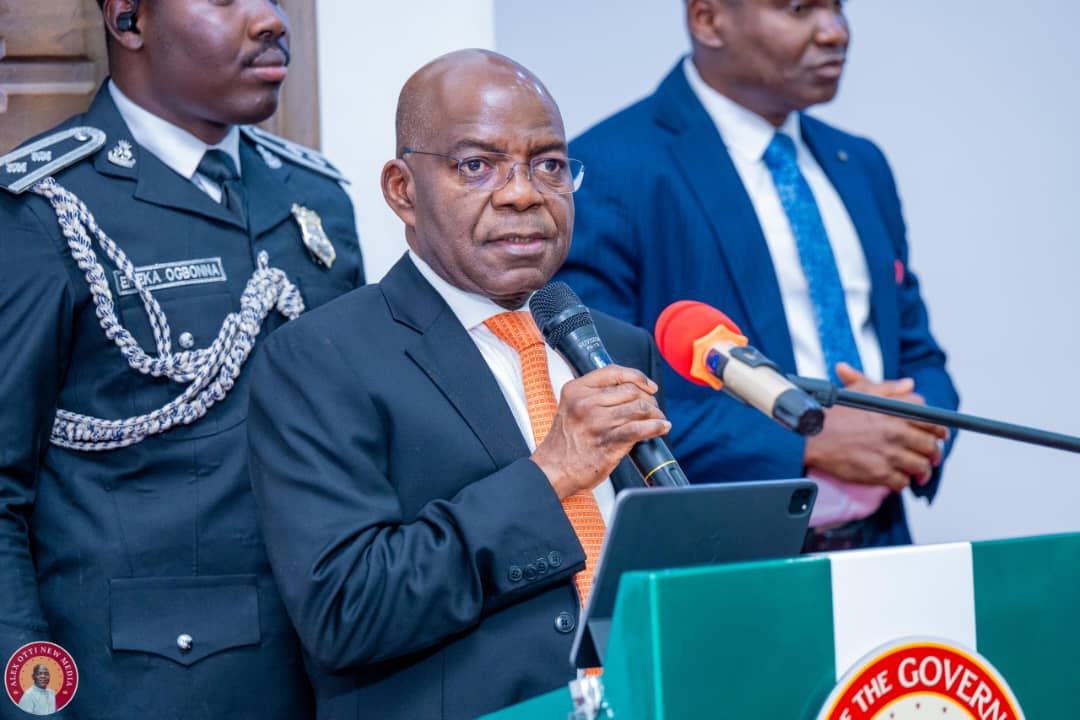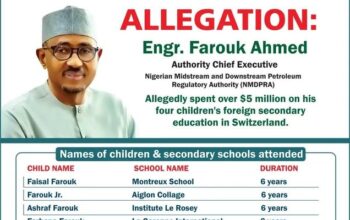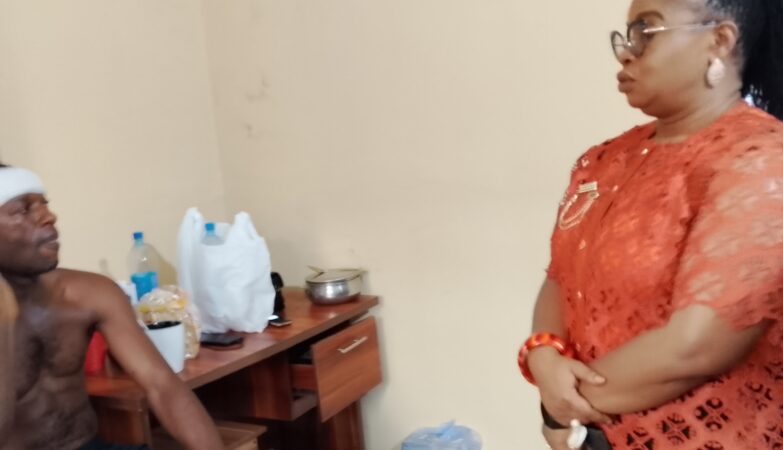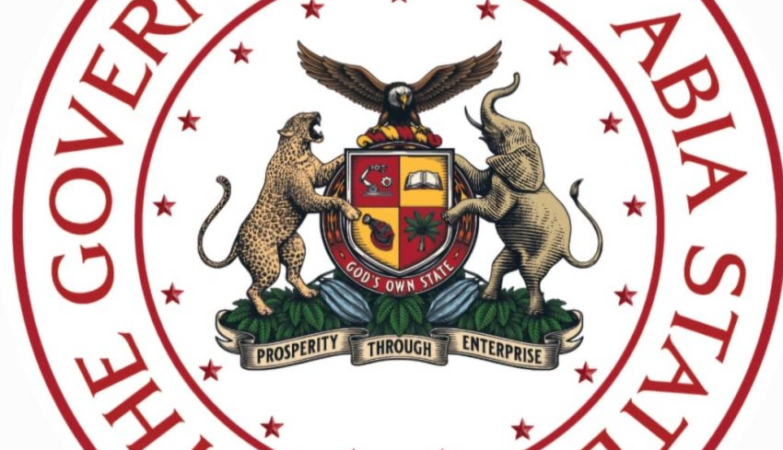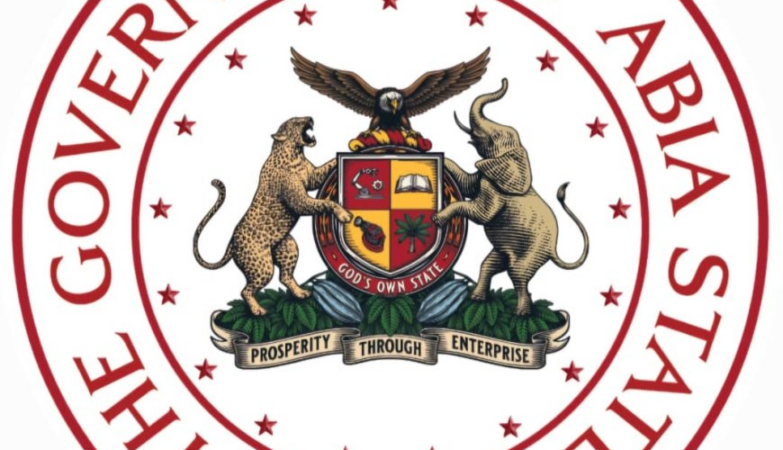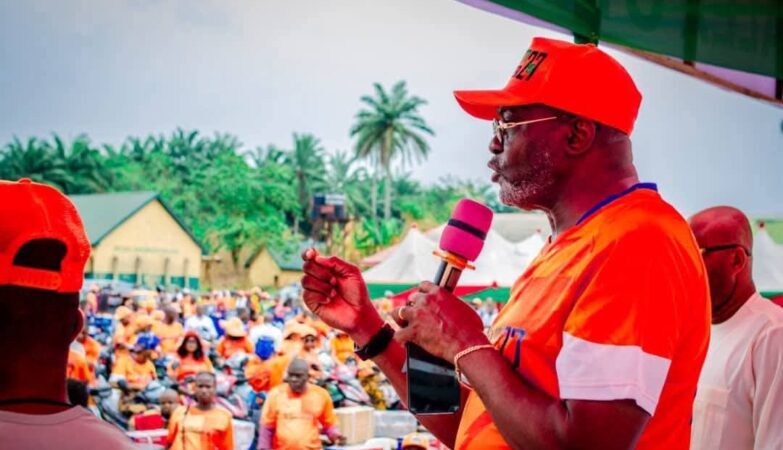The Foundation for Environmental Rights, Advocacy and Development (FENRAD), a leading civil society and public finance accountability organization, calls on the Abia State House of Assembly to undertake thorough legislative scrutiny, transparent analysis, and strengthened oversight of the proposed 2026 Abia State Budget presented by the Governor.
The N1.016 trillion budget proposal contains multiple fiscal, structural, and implementation concerns that must be addressed before passage to ensure prudent spending, accountability, and the long-term financial stability of the State.
Review of 2025 Budget, 2025 Supplementary Budget, and Need for Performance & Audit Reports
2025 Budget Estimates
The Approved 2025 budget for Abia State Government was ₦750,282,200,000.
Of this, ≈ ₦611.7 billion (about 82%) was earmarked for capital expenditure, while ≈ ₦138.6 billion (about 18%) was for recurrent expenditure.
According to the 2025 “Citizens Budget”, the financing framework anticipated a budget deficit of ≈ ₦375.14 billion, to be covered through a combination of domestic and foreign borrowing (≈ ₦148.55 billion domestic + ≈ ₦226.6 billion foreign).
2025 Supplementary Budget
Mid-2025, the Abia State House of Assembly approved an additional ₦150,000,000,000 (₦150 billion) supplementary appropriation for the year.
The supplementary budget was passed under the 2025 fiscal year appropriation law (HAB 33), reportedly without amendments and via accelerated passage.
Why Integration of 2025 Performance / Audit Data Matters for 2026 Budget Approval
FENRAD underscores that the 2026 budget deliberation must be informed by a full and transparent account of 2025 — including actual performance against the 2025 approved budget, use of the 2025 supplementary allocation, and relevant audit findings. Without this, the 2026 proposal becomes speculative rather than a responsible planning instrument. Specifically:
The Assembly must request a 2025 Budget Performance Report comparing approved allocations vs actual releases and expenditures — recurrent and capital.
The 2025 Supplementary Budget Utilization Report showing how the extra ₦150 billion was spent (on what projects/sectors, when, and with what delivery/outcomes).
The latest Audit Report(s) — including state-wide audit, MDA-specific audits, procurement audits — should be submitted and reviewed. These reports are crucial to identifying irregularities, ghost projects, uncompleted commitments, or misallocations.
Debt sustainability must be re-evaluated in light of borrowed funds (from both 2025 deficit financing and any additional borrowing) and existing and contingent liabilities.
Key Areas Requiring Legislative Oversight in the 2026 Budget (with Reference to 2025 Lessons)
Deficit & Debt Financing: Given that 2025 already had a ₦375 billion deficit financed via borrowing, and 2025 was further supplemented with ₦150 billion, the proposed 2026 deficit financing (≈ ₦409 billion) demands a full updated and public debt profile.
Realistic Revenue Projections: The 2026 budget projects IGR at N223.4 billion — nearly double previous years. Given actual 2025 performance (with IGR partly financed via deficit borrowing), the Assembly must demand a breakdown of revenue sources and a realistic assessment of collectability.
Capital Expenditure Volume vs Implementation: With over ₦611.7 billion allocated for capital in 2025 — plus the supplementary ₦150 billion — the 2026 plan (≈ ₦811.8 billion capital) should be evaluated in light of actual 2025 project completion rates.
Use of Supplementary Funds: The Assembly must investigate how the extra 2025 ₦150 billion was deployed — whether it accelerated ongoing projects, addressed emergent needs, or was diverted — before approving further large-scale capital outlays.
Procurement Transparency and Audit Compliance: All contracts awarded — especially ones funded via supplement or debt — should be transparently disclosed, audited, and subjected to independent oversight before 2026 release.
Social Services, Vulnerable Groups & Environmental Resilience: With budget pressures and high capital-to-recurrent ratio, ensure allocations to health, education, social protection, climate resilience, and environmental interventions are not sidelined for flashy infrastructure.
Call to Action;
FENRAD urges the Abia State House of Assembly to:
Require submission and public presentation of the full 2025 Budget Performance Report, Supplementary Budget Utilization Report, and 2024–2025 Audit Report(s).
Organise open, participatory public hearings including civil society, media, and citizen stakeholders before approving the 2026 budget.
Undertake a comprehensive debt sustainability assessment before approving any new borrowing or debt-financed projects.
Demand transparent procurement and contracting processes, including publication of all awarded contracts, cost breakdowns, timelines, and performance safeguards.
Ensure that allocations for social protection, environmental resilience, climate adaptation, and basic services are safeguarded — not crowded out by heavy capital spending.
Prioritise completion of ongoing projects (especially those funded via 2025 budget and the supplementary appropriation) before approving large new allocations for 2026.
Require MDAs to publish clear KPIs, timelines, and performance indicators tied to financial releases — and link future allocations to past performance and audit compliance.
Conclusion
The 2026 Budget presents an opportunity to consolidate reforms and accelerate development in Abia State. However, without rigorous legislative scrutiny and robust public oversight — grounded in real data from the 2025 budget performance, supplementary spending and audit findings — the State risks drifting into unsustainable debt, project abandonment, and weakened service delivery.
FENRAD calls on lawmakers, the media, civil society partners, and citizens to remain vigilant and actively engage to ensure that the 2026 Budget truly reflects the priorities and welfare of the people of Abia State.
Signed:
Comrade Nelson Nnanna Nwafor
Executive Director, FENRAD – Foundation for Environmental Rights, Advocacy and Development
Tel: 08033383708, 07062949232
Email: info@fenrad.org.ng
Website: www.fenrad.org.ng

